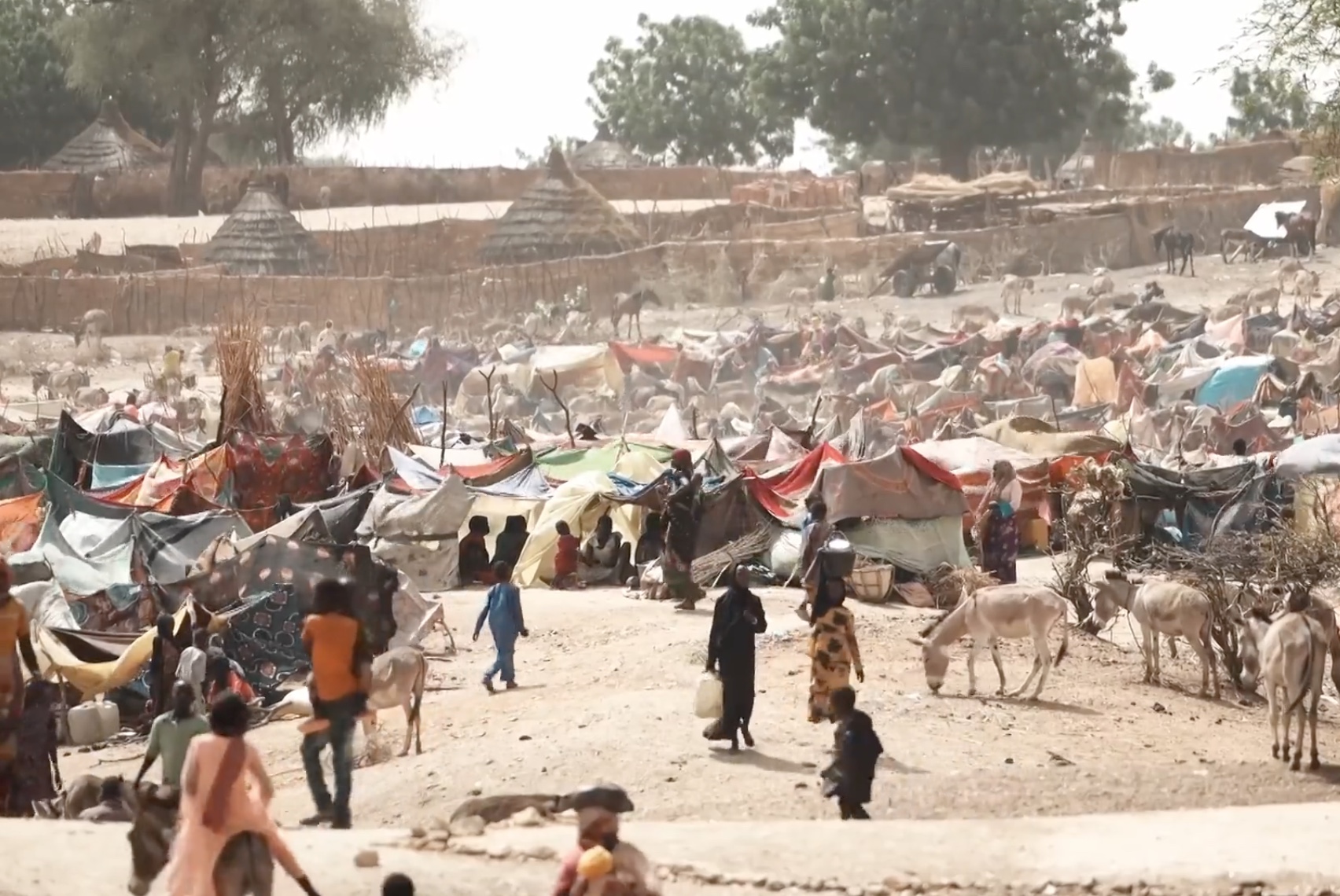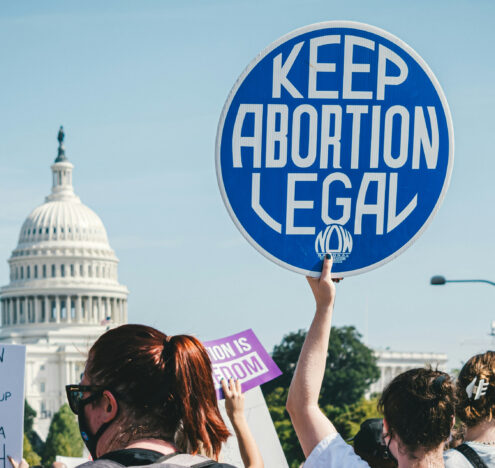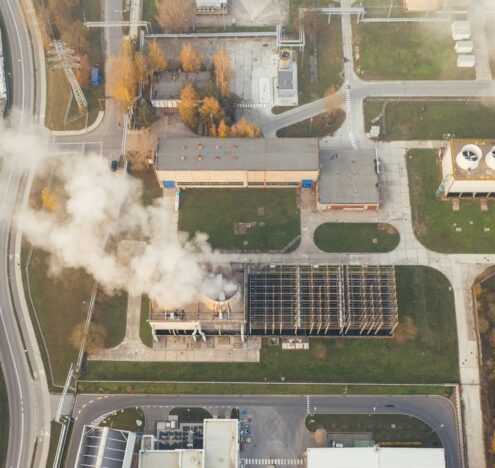Recent videos from Sudan show women in a refugee camp, eyes shaded as they talk about the bombings that forced them out of their homes, the children lost or family left behind, and the failures of an internationally negotiated ceasefire. Amid growing regional instability and one of the world’s biggest displacement and humanitarian crises, the war in Sudan, which began on April 15, 2023, continues seemingly unabated into its second year.
The current conflict between the Sudanese Armed Forces (SAF) and the paramilitary Rapid Support Forces (RSF) comes just four years after a popular civilian revolution and high point for Sudan’s fledgling democracy. At the time, the United States pressed civilian activists to form a transitional government with the military, dashing hopes of the Sudanese activists that the process would remain civilian-led. The inclusion of military leadership led to power struggles and instability in the transitional government.
This ultimately resulted in state collapse and armed conflict. Disagreements between armed factions turned into full-scale war, with the SAF and RSF battling for control of the state and its resources. Both groups had been involved in the 2019 coup to oust former president Omar al-Bashir and the establishment of the transitional council.
Critical side effects of the ongoing fighting not only include extreme violence and displacement, but destruction of critical infrastructure, widespread hunger, healthcare system shocks, and credible determinations of crimes against humanity and ethnic cleansing against the RSF and its allied militias.
However, the US still has a chance to use diplomatic and humanitarian influence to support the people of Sudan.
Forgotten Crisis
Before the conflict began, Sudan was already experiencing a severe humanitarian crisis. Long-term political instability and economic pressure kept 15.8 million people in need of aid. The conflict has only exacerbated these conditions. Reports warn that catastrophic levels of hunger are expected across most of the Darfur region as summer begins, with new aid struggling to pass through blockades and movement restrictions by the SAF and RSF.
Doctors Without Borders reported on critical levels of medical need, directly and indirectly. Beyond treating injuries from the consequences of fighting, poor living conditions — along with a lack of access to clean water, healthcare, and vaccinations — have manifested prime conditions for outbreaks. More than 100,000 malaria cases and thousands of cholera and measles cases have swept through refugee camps.
More than 100,000 malaria cases and thousands of cholera and measles cases have swept through refugee camps.
The US announced a total of $147 million in humanitarian aid for the emergency response in Sudan and neighboring countries, where millions of refugees have fled. However, this seemingly commendable pledge of humanitarian aid pales in comparison to the Pentagon’s budget request which turned heads at $894 billion. Further, the UN Office for the Coordination of Humanitarian Affairs requested $2.7 billion to respond to the crisis, of which only 6% has been filled.
Regional Engagement
Tom Perriello, whom the State Department recently appointed as special envoy to Sudan, is pushing for a resumption of peace talks in Jeddah, to be chaired by the US and Saudi Arabia. However, these efforts are being squandered by other international actors who continue to provide support to the warring parties, despite terrible human rights records and atrocities committed on both sides.
Third parties interested in Sudan’s abundant natural resources have solidified their involvement in the conflict. The United Arab Emirates (UAE) denies any military engagement on the ground in Sudan, insisting its work remains humanitarian. However, gold from RSF mines has been consistently traded in the UAE since the start of the conflict, and monitors have recorded credible accusations against the UAE that detail deliveries of arms support and close ties to RSF leader Hemedti.
Both Egypt and Saudi Arabia have maintained formal diplomatic support for the SAF and General Burhan, former head of the Transitional Military Council and de facto head of state. In October 2023, Egypt delivered high-tech drones to the Sudanese army. Despite its connection to the SAF, Saudi Arabia has supported ceasefire talks between the warring parties and evacuated foreigners when the war first broke out, buying a significant amount of goodwill.
No Peace in a Vacuum
It is clear that any path to peace must involve these and other regional partners; peace cannot be created in a vacuum. The US must raise the political costs on external actors for involvement in Sudan, increase pressure for an arms embargo, and encourage continued support for a negotiated settlement to end the war. Sudan’s regional neighbors can emphasize that only a return to civilian rule will provide stability and security in the long term.
Amid the arbitrary arrests of volunteers providing food aid and civil society activists, the widespread threat of starvation and disease, and indiscriminate killing of civilians, further action could not come soon enough.
Beyond increasing its humanitarian aid commitment, the US must ensure steps are taken towards an inclusive, sustainable ceasefire and peace talks. As long as the fighting continues, there is no chance for community reconciliation, rebuilding destroyed infrastructure, or restoring justice to the millions of impacted Sudanese.
War is never the answer, and the future can only be built on the back of peace.





















